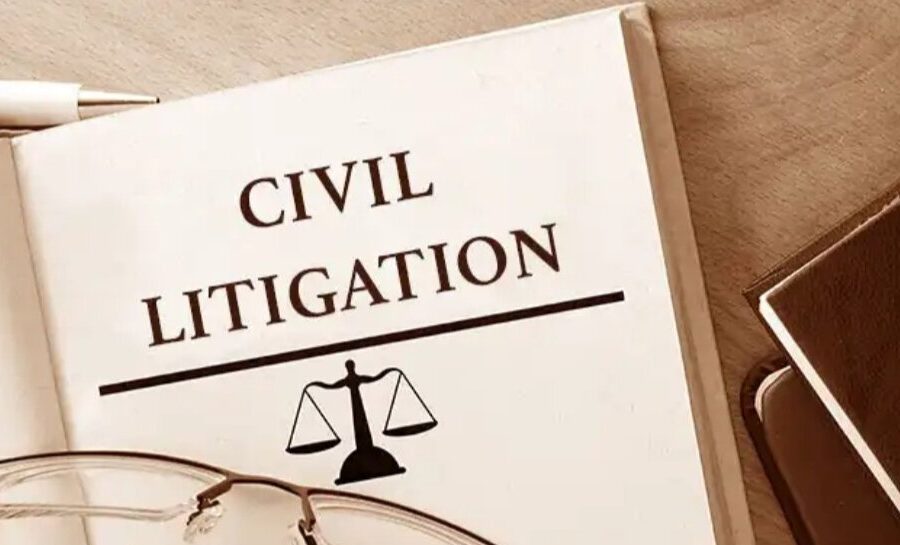- Land Acquisition Act, 1894:
- Historically, land acquisition in India was governed by the Land Acquisition Act, of 1894.
- The Act provided the government with the authority to acquire private land for public purposes. Compensation was to be provided to the affected landowners.
- Right to Fair Compensation and Transparency in Land Acquisition, Rehabilitation, and Resettlement Act, 2013 (RFCTLARR Act):
- The RFCTLARR Act replaced the Land Acquisition Act, of 1894, in India.
- Key features include increased compensation, mandatory social impact assessment, and provisions for rehabilitation and resettlement of affected families.
- Social Impact Assessment (SIA):
- The RFCTLARR Act requires a Social Impact Assessment to be conducted for projects that involve the acquisition of a certain threshold of land. The assessment evaluates the potential social impacts of the project on the affected community. Litigation Procedure
- The procedure for land acquisition litigation varies by jurisdiction, but the following provides a general overview of the steps involved:
- Notification and Declaration:
- The government issues a notification identifying the land to be acquired and the purpose for which it is needed.
- A declaration is made under relevant land acquisition laws, stating the intention to acquire the land.
- Objections and Hearing:
- Landowners and affected parties have the opportunity to file objections to the acquisition within a specified period.
- A hearing is conducted to consider objections and representations made by affected parties.
- Land Acquisition Officer’s Award:
- The Land Acquisition Officer (LAO) assesses the objections and determines the compensation to be paid to the landowners.
- The LAO issues an award specifying the amount of compensation, which is based on factors such as market value, rehabilitation, and other entitlements.
- Possession of Land:
- Upon issuance of the award, the government takes physical possession of the land.
- Compensation is typically deposited with the court or paid to the landowners.
- Challenges in Court:
- Landowners and affected parties dissatisfied with the compensation or the acquisition itself may file cases in the appropriate court challenging the land acquisition.
- Grounds for litigation may include inadequate compensation, procedural irregularities, or challenging the public purpose of the acquisition.
- Judicial Review:
- The court conducts a judicial review of the acquisition process, considering legal and factual aspects.
- The court may set aside the acquisition if it finds procedural lapses, constitutional violations, or other legal deficiencies.
- Appeals:
- Either party dissatisfied with the court’s decision may file appeals in higher courts, progressing through the legal hierarchy.
- Final Decision:
- The final decision of the highest court in the jurisdiction is binding.
- If the court upholds the acquisition, the government can proceed with the project. If the court sets aside the acquisition, the government may need to reconsider the process or abandon the project.

